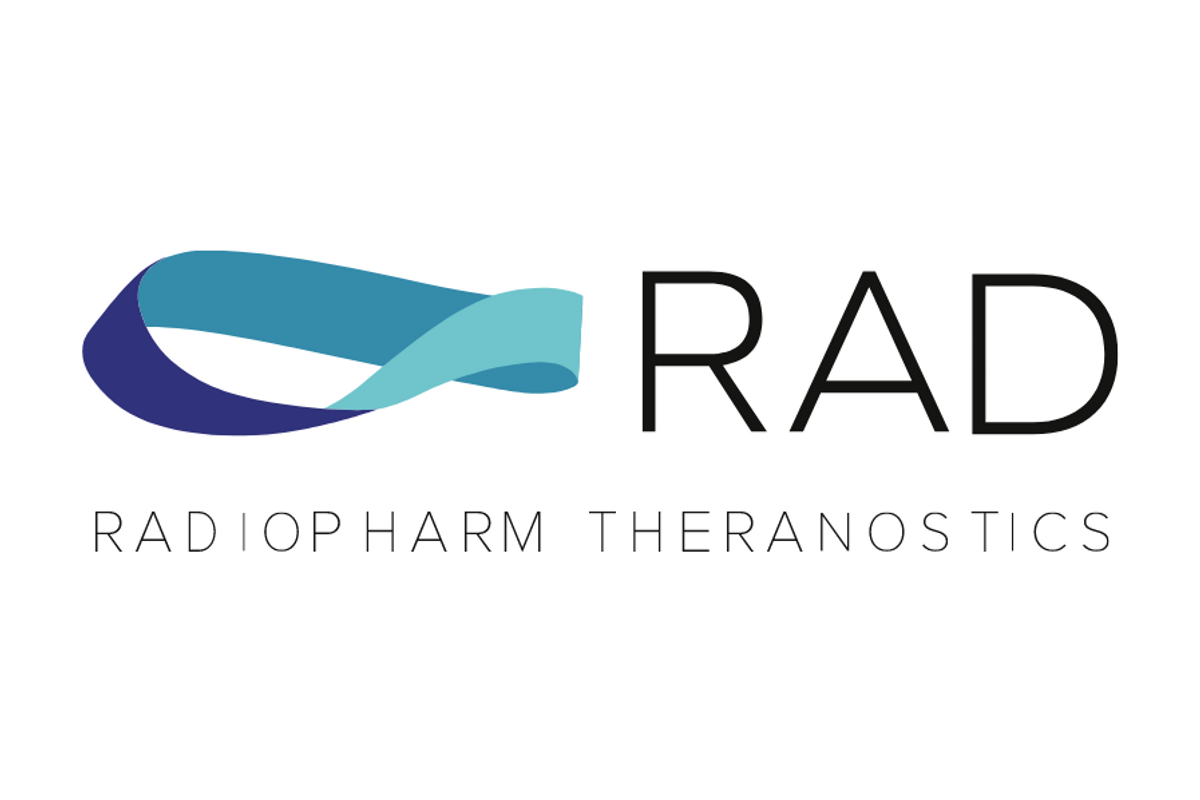
November 18, 2024
Radiopharm Theranostics (ASX:RAD, “Radiopharm” or the “Company”), a clinical-stage biopharmaceutical company focused on developing innovative oncology radiopharmaceuticals for areas of high unmet medical need, is pleased to announce it has been granted Human Research Ethics Committee (HREC) approval to include participants with Programmed Death-Ligand 1 (PD-L1) positive Small Cell Lung Cancer (SCLC), Triple Negative Breast Cancer (TNBC), Melanoma, Head and Neck Cancer (HNSCC), and Endometrial Cancer, as part of its ongoing Phase 1 clinical trial of 177Lu-labelled RAD204 for the treatment of PD-L1 expressing cancers.
- The Human Research Ethics Committee (HREC) in Australia has approved the inclusion of five additional PD-L1 expressing solid tumors, beyond Non Small Cell Lung Cancer (NSCLC), for a Phase 1 therapeutic trial of RAD204.
- The ongoing Phase 11 First-In-Human study is designed to assess safety and tolerability of 177Lu-RAD204 in individuals with PD-L1-positive advanced solid tumors.
- 16 patients previously dosed in a Phase 1 diagnostic study demonstrated safety and biodistribution, validating the potential of 177Lu-RAD204 for the treatment of advanced PD-L1 expressing cancers.
The open-label Phase 1 trial, entitled “Phase 0/1 Study of the Safety and Tolerability of 177Lu- RAD204, a Lutetium-177 Radiolabelled Single Domain Antibody Against Programmed Cell Death- Ligand 1 in Patients with Metastatic Solid Tumours”, is a First-In-Human dose escalation trial of 177Lu- RAD2041, and is designed to evaluate the safety and preliminary clinical activity of this novel radiotherapeutic in eligible individuals with PD-L1 expressing advanced cancers.
The trial is currently ongoing and recruiting at four sites across New South Wales, South Australia and Western Australia, with the support of leading oncology care provider GenesisCare CRO.
RAD204 is a single-domain monoclonal antibody (sdAb) that targets PD-L1, a protein that helps control the immune system and is overexpressed in many solid cancers, making it an attractive therapeutic target in tumor types that include NSCLC, SCLC, TNBC, Cutaneous Melanoma, HNSCC, and Endometrial Cancer2. Previously published3 Phase I imaging data of 16 NSCLC patients with RAD204 have demonstrated that the diagnostic compound is safe and is associated with acceptable dosimetry. Tumor targeting with radioimmunotherapies such as 177Lu-RAD204 has the potential to address resistance mechanisms to current standard-of-care treatment options4.
“The implications of including additional PD-L1 expressing tumor types beyond NSCLC in this study is far-reaching,” said Riccardo Canevari, CEO and Managing Director of Radiopharm Theranostics. “Patients with five additional PD-L1 expressing tumor types are now eligible for this basket trial, supporting the potential of 177Lu-RAD204 for a tumor-agnostic indication and as an effective radioimmunotherapy based on a pan-tumor predictive biomarker. With RAD204, we hope to provide an alternative strategy that can improve clinical outcomes for patients with PD-L1 positive advanced cancers, while potentially preserving their quality of life.”
About Radiopharm Theranostics
Radiopharm Theranostics is a clinical stage radiotherapeutics company developing a world-class platform of innovative radiopharmaceutical products for diagnostic and therapeutic applications in areas of high unmet medical need. Radiopharm has been listed on ASX (RAD) since November 2021. The company has a pipeline of six distinct and highly differentiated platform technologies spanning peptides, small molecules and monoclonal antibodies for use in cancer, in pre-clinical and clinical stages of development from some of the world’s leading universities and institutes. The pipeline has been built based on the potential to be first-to-market or best-in-class. The clinical program includes one Phase II and three Phase I trials in a variety of solid tumour cancers including breast, kidney and brain. Learn more at radiopharmtheranostics.com.
Click here for the full ASX Release
This article includes content from Radiopharm Theranostics, licensed for the purpose of publishing on Investing News Australia. This article does not constitute financial product advice. It is your responsibility to perform proper due diligence before acting upon any information provided here. Please refer to our full disclaimer here.
RAD:AU
The Conversation (0)
29 August 2025
Appendix 4E and Preliminary Final Report
Radiopharm Theranostics (RAD:AU) has announced Appendix 4E and Preliminary Final ReportDownload the PDF here. Keep Reading...
29 July 2025
Quarterly Activities/Appendix 4C Cash Flow Report
Radiopharm Theranostics (RAD:AU) has announced Quarterly Activities/Appendix 4C Cash Flow ReportDownload the PDF here. Keep Reading...
27 July 2025
RAD receives IND approval from US FDA for Betabart (RV-01)
Radiopharm Theranostics (RAD:AU) has announced RAD receives IND approval from US FDA for Betabart (RV-01)Download the PDF here. Keep Reading...
10 June 2025
RAD Granted US FDA Fast Track for RAD101 Metastases Imaging
Radiopharm Theranostics (RAD:AU) has announced RAD Granted US FDA Fast Track for RAD101 Metastases ImagingDownload the PDF here. Keep Reading...
03 June 2025
RAD Doses 1st Patient in Therapeutic Trial of 177Lu-RAD202
Radiopharm Theranostics (RAD:AU) has announced RAD Doses 1st Patient in Therapeutic Trial of 177Lu-RAD202Download the PDF here. Keep Reading...
Latest News
Interactive Chart
Latest Press Releases
Related News
TOP STOCKS
American Battery4.030.24
Aion Therapeutic0.10-0.01
Cybin Corp2.140.00
